
There
are countless remarkable people who have shaped the world
around us whose names would be totally unfamiliar to
us.
Wellington-based writer Mark Derby is trying to
change that, with his latest book, Frontline Surgeon: New
Zealand Medical Pioneer Douglas Jolly, dedicated to
telling the story of a wartime surgeon from Cromwell who
influenced the way hospitals and emergency rooms around the
world treat their patients.
Derby told Emile Donovan
that although Jolly was internationally recognised for his
contributions to medical history he has remained almost
unknown in New Zealand.
His research indicated that
Jolly was a very engaging man who was loved by everyone who
knew him, Derby said.
“He was born right at the
beginning of the 20th century, so graduated from med school
I think about 100 years ago exactly.”
Jolly was born
in Cromwell in 1904 and was the son of the local
storekeeper.
It was big general store in the centre of
the town which sold everything which meant that his father
was a highly respected figure who played a crucial role in
that community, Derby said.
Douglas Jolly went to
Otago Boys’ High School as a border and then decided to
enter medical school.
Jolly decided to specialise in
surgery and proved to be very skilled at it, Derby
said.
When the Spanish Civil War broke out in 1936,
Jolly was in Britain studying for specialist qualifications
in surgery.
Advertisement – scroll to continue reading
He then went to Spain and “was immediately
placed in charge of a 12 person roving field
hospital”.
“That was a very senior and responsible
position for a young and relatively inexperienced doctor to
have, but this was wartime and they took what they could
get.”
Developing modern-day A&E
Jolly
served through the Spanish Civil War and then went on to
serve in World War II.
“He’s thought … to have
carried out more operations on guys with injuries to the
abdomen than anybody else in history.”
Abdominal
surgery was notoriously difficult at that time, Derby
said.
“In World War I the surgeons were advised not to
waste their time on people with gut shot wounds because they
took three times as much time as other operations and the
survivor rate was only a third as good.”
Those types
of injuries went to the bottom of the list and they were
dosed with morphine and left to die quietly, Derby
said.
But that was not Jolly’s approach.
“He
insisted on giving those patients, like all the others, the
very best chance of survival that he could
manage.”
That involved treating them in the same way
as previously but getting them on the operating table as
quickly as possible, Derby said.
Derby said he spoke
to many present-day surgeons and medical administrators who
said that Jolly’s work led to the organisation of accident
and emergency departments in hospitals.
“The system
that Jolly developed in Spain and wrote about in a book
which was prepared for surgeons going into World War II,
that has really influenced trauma medicine, emergency
medicine, right down to the present day, worldwide
really.”
Jolly’s character
Derby said when
Jolly started at university he and all his family were
devout church-going Presbyterians who were
non-drinkers.
At university Jolly became involved with
the student christian movement, but also got to know the
family of a chaplain at the university.
“This sort of
broadened his horizons, these people were very progressive,
very very familiar with worldwide events and Jolly sort of
lost his strong Christian faith I suppose but he retained
the vestiges of it.”
He remained a Christian Socialist
to the end of his days, he said.
After working as a
surgeon during World War II, Jolly led a much quieter life
and did not return to New Zealand but stayed in
Britain.
Derby said he may not have gained the
recognition he deserved due to the fact that he was
bi-polar.
This manifested itself at different times,
he said.
“Sometimes it manifested itself to his
advantage. During wartime he was known in Spain for being
able to operate all day, all night and all the next day
without a break. You can’t do that if you’re a normal person
but if you’re bi-polar and on a high, maybe you
can.”
But Derby said after the wars were over the
depressive phase of his illness seemed to kick in and Jolly
found he was unable to motivate himself to even complete his
studies to become a fully fledged surgeon.
Not
impressed by Ernest Hemingway
Jolly met the renowned
writer Ernest Hemingway in Spain towards the end of the
Spanish Civil War.
Hemingway was there as a
journalist, but also got involved in the fighting, and Jolly
had read and admired his books.
“But when he met the
guy himself he thought he was a bit of a blustering bore and
wasn’t impressed.
“They were very very different
characters. Jolly was a modest quiet amiable sort of guy and
Ernest Hemingway took up a lot of space, in every sense I
think.”
Uncovering ‘gold dust’
documents
Jolly’s family gave Derby unlimited access
to Douglas Jolly’s letters and photos.
Derby said it
was amazing to be able to see Jolly’s words in his own
handwriting as well as what others had written to
him.
“To see dozens maybe hundreds, I don’t know, of
photographs some of which he had taken, others he had
collected in Spain, never published most of
them.”
Most of the material came from his stepdaughter
and her daughter who had held onto his personal papers,
Derby said.
It was New Zealand doctor David Lowe who
is working in Sydney who managed to track down the treasure
trove of Jolly’s letters and photos.
Derby said Lowe
who is also a medical researcher was advising him on the
medical issues relating to the book.
“He tracked down
this collection of papers, he didn’t even know they were
still in Australia, he tracked them down to the Isle of
Wight which was their last known address and from there he
was directed to Canberra which is where they ended
up.”
Lowe then drove from Sydney to Canberra to look
at the papers.
“They said to him ‘look take them back
with you, you’re here now, we’ll put them in the back of the
car’.”
Derby found that a lot of them were
hand-written, irreplaceable documents.
“I mean papers
like that, photographs like that, that’s just gold dust to a
biographer.”
Derby also got permission from the family
to place the documents in the Hocken Library at Otago
University so they can be used by future
researchers.
© Scoop Media












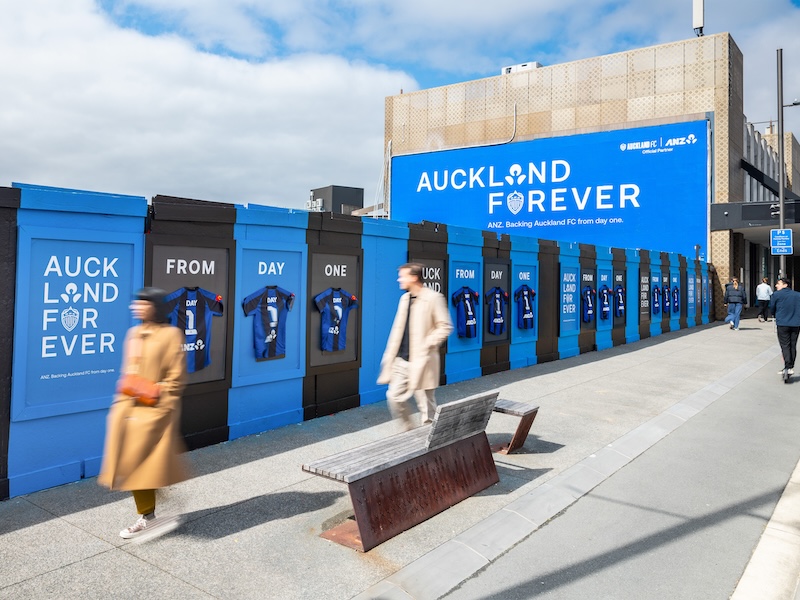

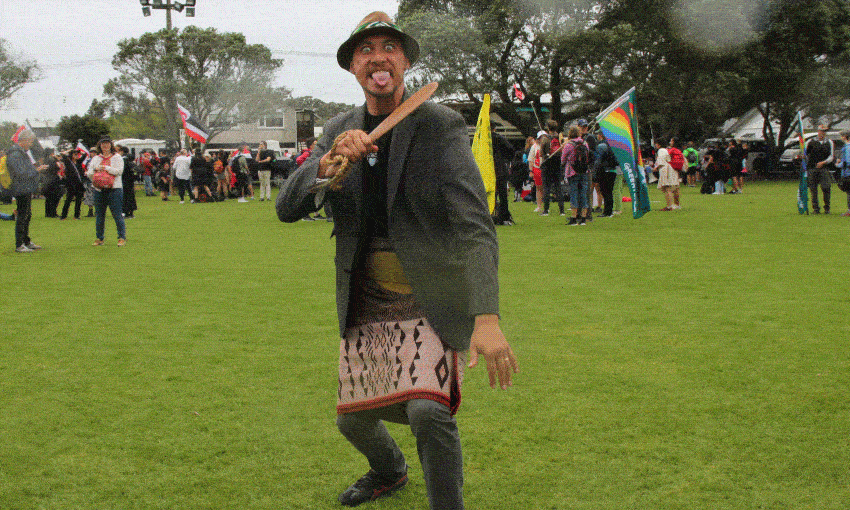
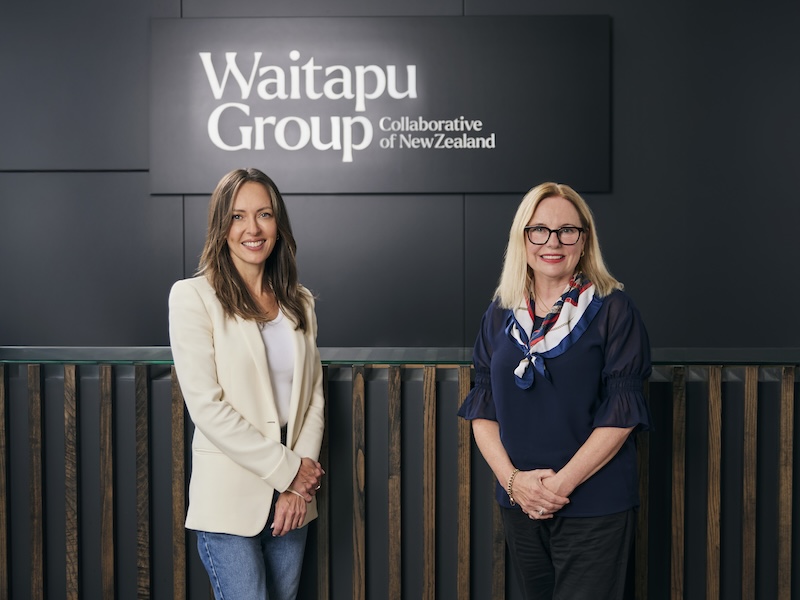


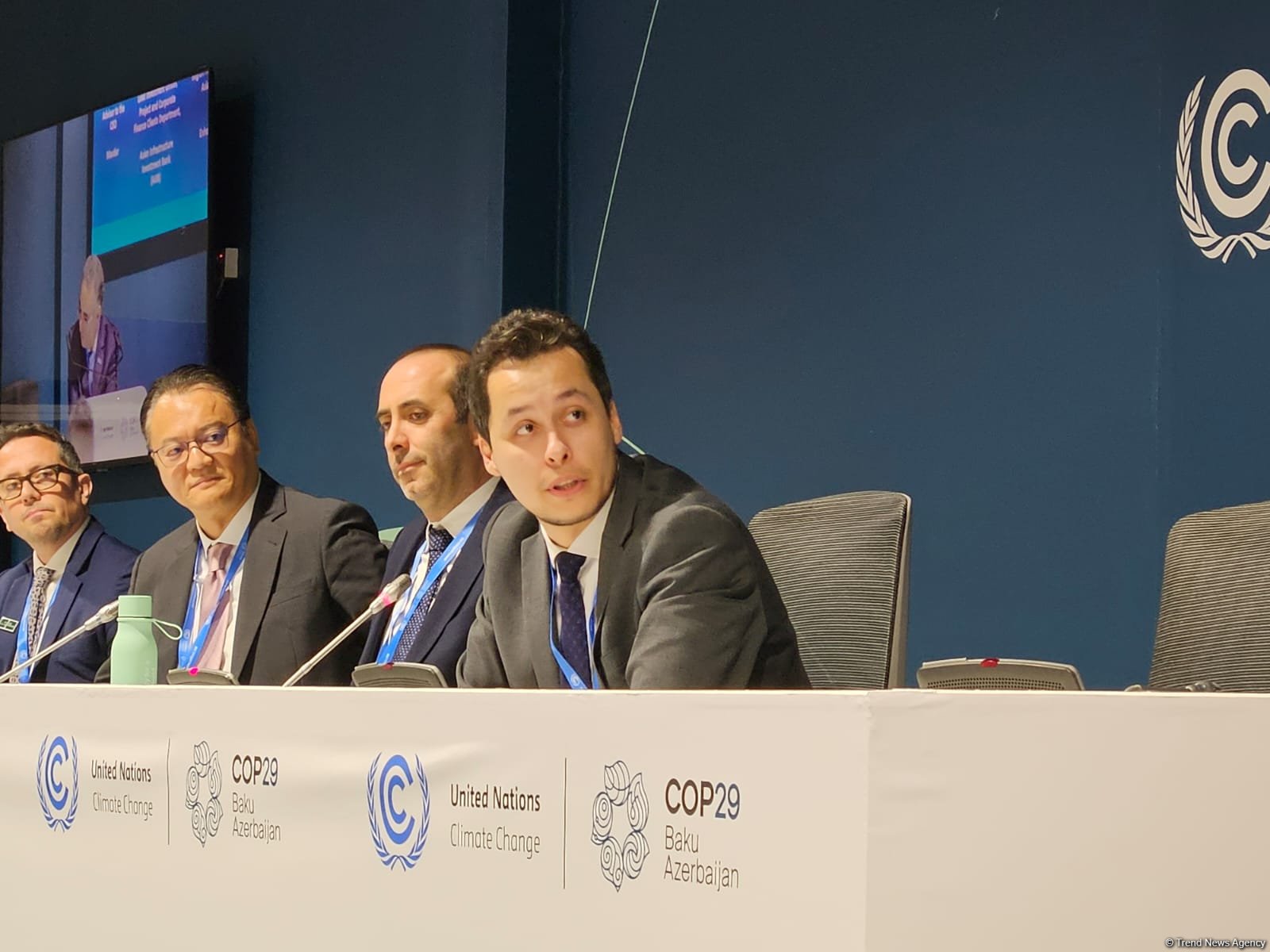

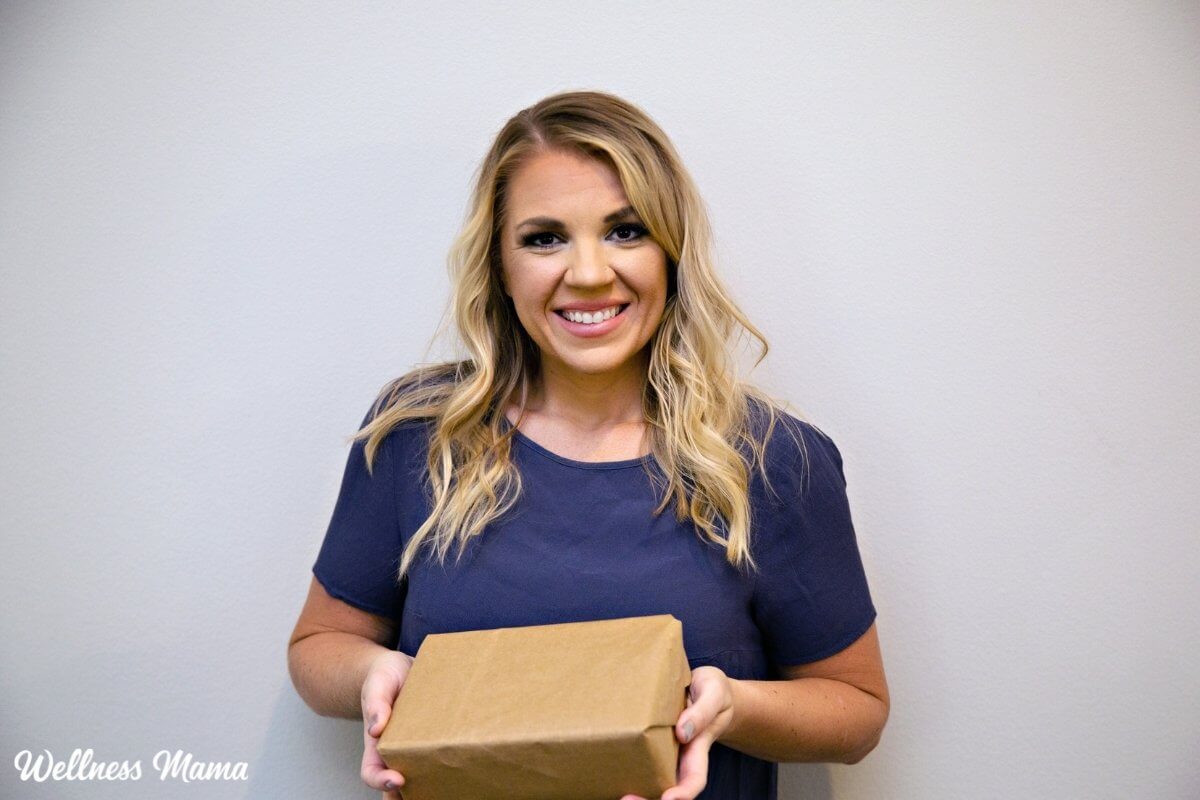

Discussion about this post